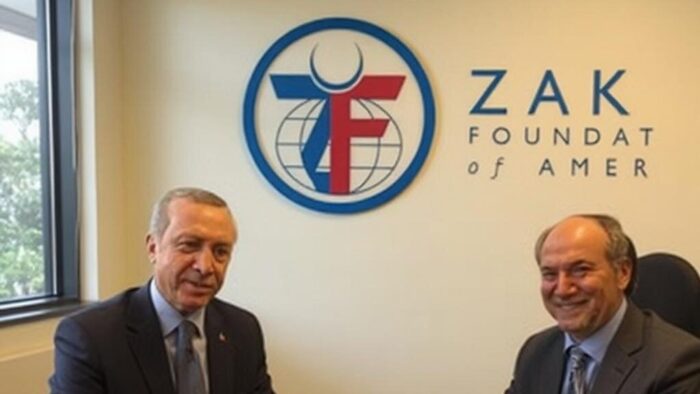US media is reporting that Russia and China have been able to use disinformation to justify their use of internment camps, and that this can be successful as long as they generate sufficient doubt. According to a Newsweek report:
April 21, 2021 After failing to conquer Ukraine’s capital city of Kyiv, Russia has turned its focus toward the east of the country, staging an offensive campaign against the strategically significant city of Mariupol, which lies between Russian-annexed Crimea and the contested Donbas region. Part of Russia’s strategy to exert dominance in this region has allegedly been to remove potential combatants from the area. Petro Andryushchenko, an advisor to the mayor of Mariupol, posted on Telegram that Vladimir Putin’s forces have removed roughly 27,000 people from the area and forcibly placed them in “filtration camps.” In its past wars with Chechnya in the mid-1990s and early 2000s, Russian forces placed Chechens in mass internment centers, which they refer to as “filtration camps,” where the U.S. State Department says the Russians “beat, tortured and executed” detainees. In response to recent events, Kremlin spokesperson Dmitry Peskov has denied the allegations, saying “such reports are lies.” This represents the doubling down of a previous stance offered in late March by state authorities when they said that the almost 420,000 people evacuated from Ukraine at the time were transported to Russia for their own safety. “What Russia does really well is they create just enough doubt to undermine a response,” Todd Helmus, who researches Russian disinformation with the RAND Corporation, told Newsweek. “Even if [other nations] believe [reports], they’re given just enough doubt to not act on them.”
Read the rest here.
The article further states that China has used similar tactics to spread doubt about its treatment of its Muslim Uyghur minority. The United Nations estimates that 1.5 million Uyghurs have been put into internment camps, and Human Rights Watch reports some have faced involuntary sterilization, torture, and forced labor. China, using disinformation defensively, has called them education centers that prevent radicalization. Using disinformation offensively, China has accused the US and western countries of supporting separatist and terrorist activities in China’s Xinjiang region, where many Uyghurs live. The article also says that countries such as India and Brazil, which have a history of living under Imperialism, are more susceptible than western audiences to this disinformation because of their distrust of western actions.
The GIOR has extensively covered Chinese disinformation regarding the Uyghurs.





